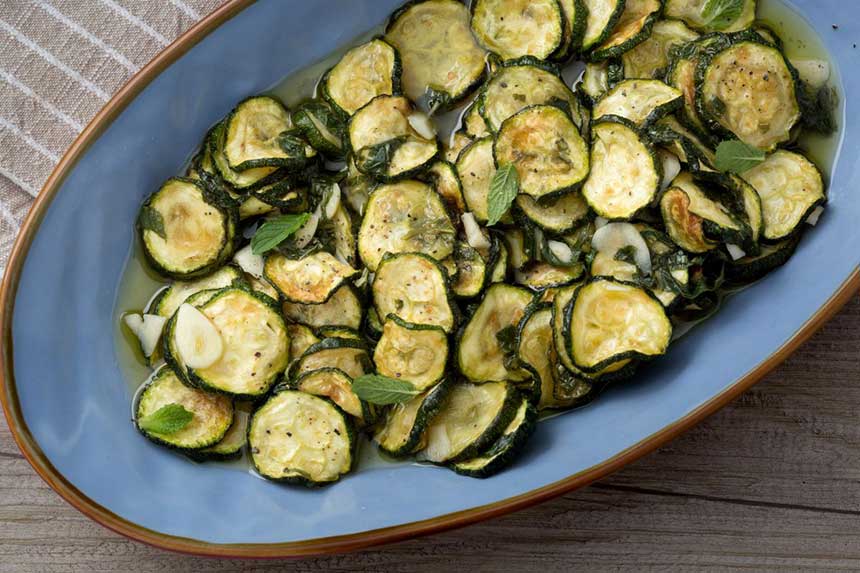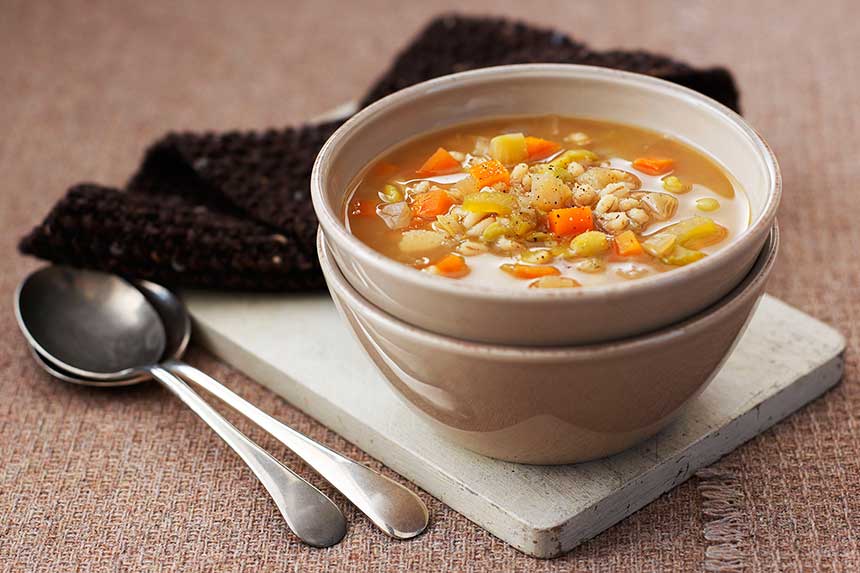Zucchini

Regarding vegetables, zucchini is a standout choice for its high water content and digestibility, especially when cooked without the skin and seeds. This makes it an excellent option for easing back into eating vegetables during a diverticulitis flare-up. Zucchini is not only gentle on the stomach but also provides vital nutrients like vitamin C and potassium, supporting the body’s healing process.
Its culinary flexibility means zucchini can enrich the diet with various preparations, from soups to side dishes. This adaptability ensures that meals remain attractive, appealing, and nourishing, facilitating a smoother recovery journey.
Soup Broth

Soup broth or stock is foundational in clear liquid and low-fiber diets for managing diverticulitis. It offers essential hydration, electrolytes, and a comforting warmth, making it a staple in the early stages of recovery. Opting for low-sodium and clear options ensures gentleness in the digestive system, providing necessary nutrients without undue stress.
As recovery progresses, broth can serve as a versatile base for introducing other recommended foods like cooked, pureed vegetables or small portions of protein. This adaptability and ease of digestion underscore its importance in a diet designed to ease symptoms and promote healing.





